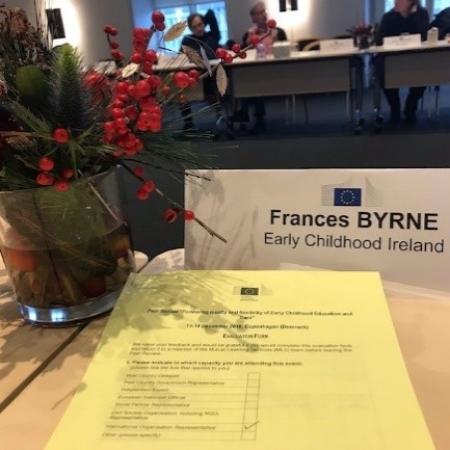
There is an unacceptable lack of data on children without or at risk of losing parental care in Europe today. The data that is available is typically not disaggregated, for example by age, gender, or disability. Where data is available, monitoring continues to be haphazard and NGOs are relied on to fill the gaps, like our partners in the Opening Doors for Europe’s Children campaign country factsheets.
For over a decade now, Eurochild has worked on addressing these data gaps for children in alternative care. In 2009, Eurochild carried out a survey of the situation of children in alternative care in Europe through their member organisations—30 European countries participated. The survey was not intended as a scientifically rigorous research exercise, but rather a way to identify what information is readily available and to note some common trends across Europe.
In brief, the lack of recent quantitative data on children without or at risk of losing parental care is a major obstacle in the development and implementation of comprehensive deinstitutionalisation strategies. Indeed, the systematic collection of accurate data on the numbers and characteristics of children in care, the root causes of institutionalisation and the function of the child protection system as a whole is crucial and can help ensure better policies, improve the state’s ability to protect and promote children’s rights and lead to sustainable reforms. With these challenges in mind, in 2020 Eurochild, in partnership with UNICEF, will map the child protection data collection systems across 27 EU Member States.
The study will build on the findings of a feasibility phase, which mapped the systems and corresponding data available in four EU countries (Bulgaria, Estonia, France and Ireland). Importantly, this research is expected to take advantage of the window of opportunity offered by new EU legislature, as well as the Child Guarantee Initiative, which the incoming European Commission (2020–2024) has identified as one of its political priorities.











